Reconciliation and Peace: Are We Capable?
In a world marked by conflict, division, and strife, the pursuit of reconciliation and peace remains a paramount concern. The concept of reconciliation implies a process of healing and restoring relationships, while peace represents a state of harmony and absence of conflict. In the global context, achieving reconciliation and peace appears to be a daunting challenge, considering the myriad of conflicts, both overt and latent, that persist. Here we explore whether humanity is capable of achieving reconciliation and peace on a global scale, delving into the complexities, obstacles, and potential pathways toward this ambitious goal.
Table of Contents
The Question of Global Reconciliation and Peace
To address the question of global reconciliation and peace, it is imperative to first acknowledge the current landscape. The world is characterized by numerous conflicts, some of which are long-standing, deeply rooted, and seemingly intractable. From regional disputes and ethnic tensions to ideological rifts and power struggles, the global stage is riddled with a complex web of conflicts.
One need not look far to find examples. The Israeli-Palestinian conflict, which has spanned decades, serves as a poignant illustration of the challenges associated with achieving reconciliation and peace in a global context. Similarly, the ongoing conflict in Syria, the nuclear standoff between North Korea and the rest of the world, and the tensions in the South China Sea all underscore the difficulty of forging lasting peace and reconciliation on an international scale.

The Obstacles
A multitude of obstacles stand in the way of global reconciliation and peace, making the task appear formidable. Some of these obstacles include:
Historical Baggage: Many conflicts are steeped in historical grievances, often passed down through generations. These grievances create deeply rooted animosities that can be challenging to overcome.
Economic Interests: Economic interests and the pursuit of resources often exacerbate conflicts. Competing interests in oil, land, and other valuable assets can fuel disputes and deter peaceful resolutions.
Political Power Dynamics: The global political landscape is characterized by power imbalances and shifting alliances. These dynamics can impede diplomatic efforts and create barriers to peace.
Cultural and Religious Differences: Cultural and religious differences can amplify conflicts, leading to a clash of worldviews and values that are difficult to reconcile.
Lack of Trust: Building trust is crucial for reconciliation and peace, but it can be a painstakingly slow process, especially in situations where past betrayals or acts of violence have eroded trust.
External Influences: External actors, such as powerful nations or non-state actors, often play a role in perpetuating conflicts for their own strategic interests, making it harder to achieve reconciliation.
Lack of Leadership: Effective leadership is essential in resolving conflicts, but many conflicts persist due to a lack of committed, capable, and impartial leaders willing to facilitate reconciliation efforts.
Resistance to Change: People and groups entrenched in conflict may resist change, fearing the unknown or clinging to the status quo, which can hinder reconciliation.

Can We Overcome These Obstacles?
While the obstacles to global reconciliation and peace are indeed formidable, it is essential to recognize that progress has been made in some areas. Diplomatic efforts, peace agreements, and international organizations like the United Nations have played pivotal roles in resolving conflicts and mitigating violence in various regions.
Furthermore, history provides examples of reconciliation in the face of seemingly insurmountable odds. South Africa’s Truth and Reconciliation Commission, led by Archbishop Desmond Tutu, is a prominent example of how a nation can confront its painful past, seek reconciliation, and transition toward peace.

Pathways to Global Reconciliation and Peace
Diplomacy and Dialogue: Diplomatic efforts must remain at the forefront of international relations. Countries and leaders must engage in open, honest, and sustained dialogue to resolve conflicts peacefully.
Conflict Resolution Mechanisms: The international community should invest in robust conflict resolution mechanisms and institutions, providing neutral platforms for negotiation and mediation.
Addressing Root Causes: Conflicts often stem from underlying issues such as poverty, inequality, and lack of access to resources. Addressing these root causes can help prevent conflicts from escalating.
Education and Cultural Exchange: Promoting education and cultural exchange programs can foster understanding and empathy among different groups, helping to break down cultural and religious barriers.
Empowering Civil Society: Civil society organizations, including non-governmental organizations (NGOs) and grassroots movements, can play a crucial role in peace-building and reconciliation efforts.
International Cooperation: Global challenges, such as climate change and pandemics, necessitate international cooperation. Collaboration on these issues can build trust and cooperation in other areas.
Leadership and Accountability: Strong and accountable leadership is essential. Leaders who prioritize peace and reconciliation can set a positive example for their nations and the world.

The question of whether humanity is capable of achieving global reconciliation and peace is a complex and multifaceted one. While significant obstacles exist, history has shown that reconciliation and peace are possible, even in the face of seemingly insurmountable challenges. The key lies in a commitment to diplomacy, dialogue, and addressing root causes, as well as the empowerment of civil society and the cultivation of leadership that prioritizes peace.
The global community must remain vigilant and proactive in pursuing reconciliation and peace, recognizing that the consequences of failure are too dire to ignore. The path may be arduous, but the pursuit of a more peaceful and reconciled world is a noble and necessary endeavor—one that requires our collective determination, patience, and cooperation. Only then can we truly answer the question of whether we are capable of reconciliation and peace in the global context with a resounding “yes.”
*Youtube Video Taken From the Promises Project Film ‘Loved by Ghosts‘
**Images Taken From the Promises Project Film ‘Loved by Ghosts’ see more in the microsite






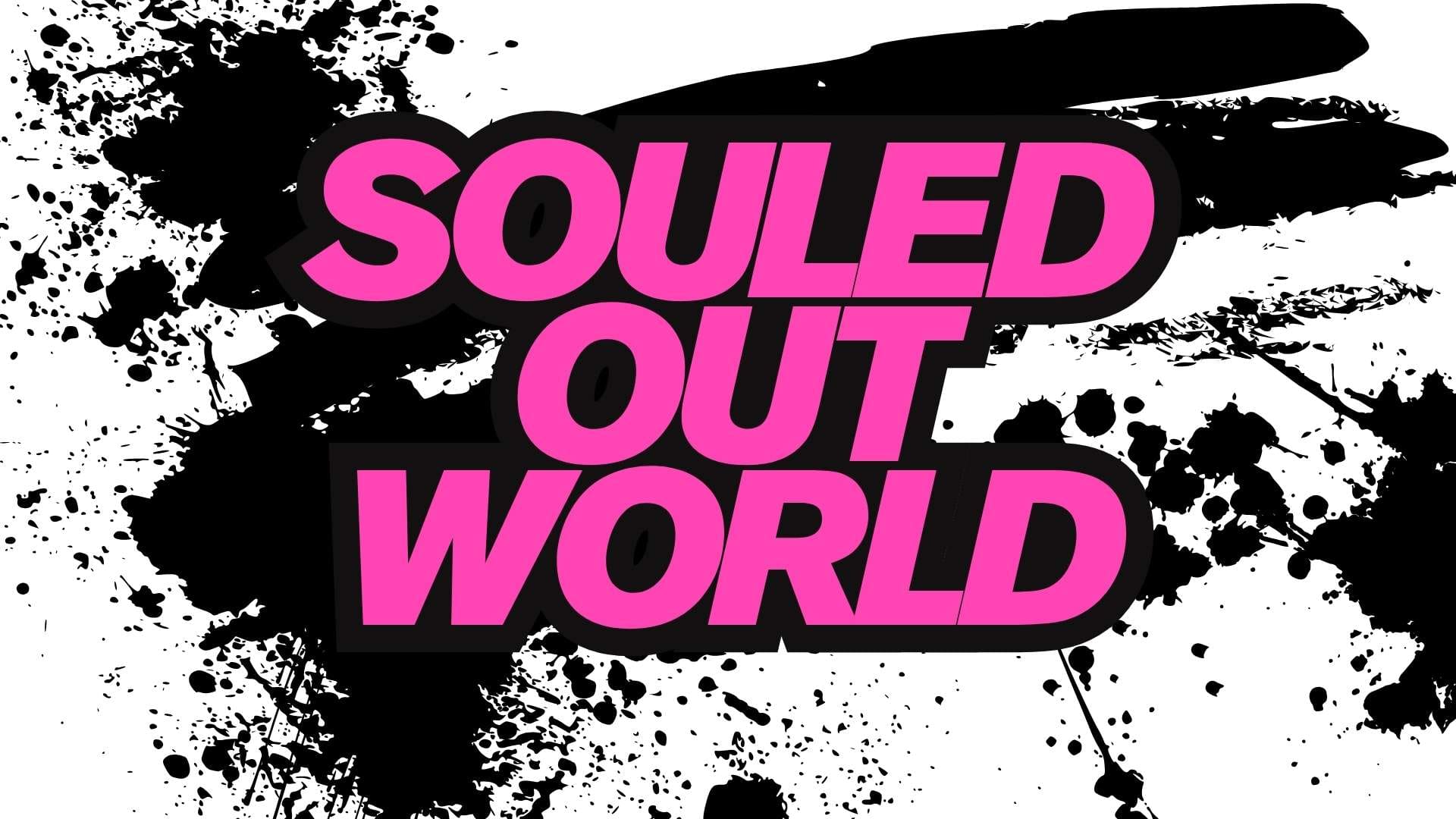




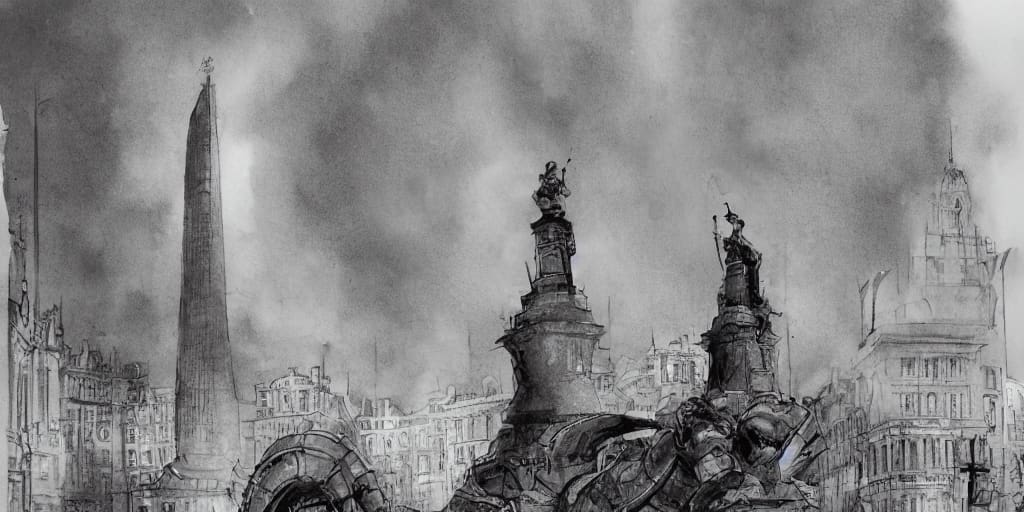
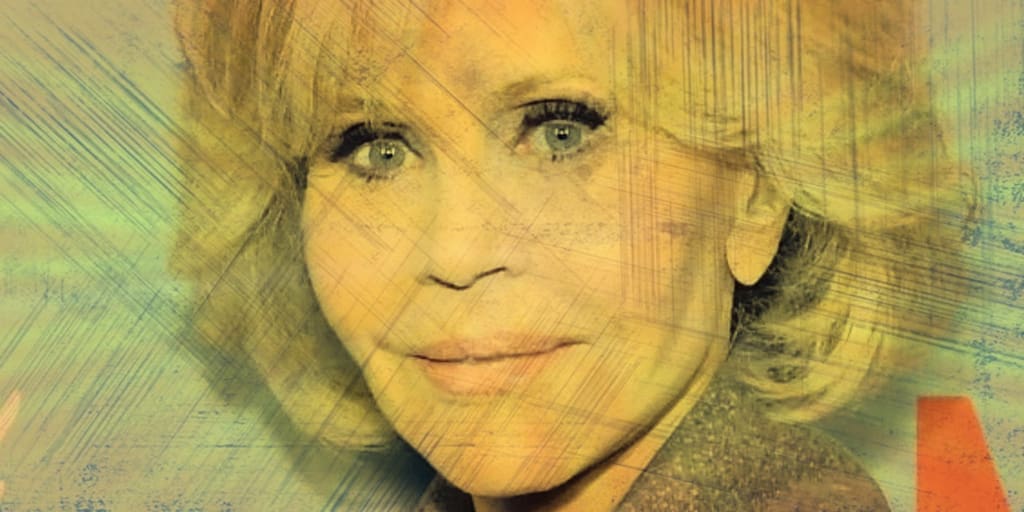
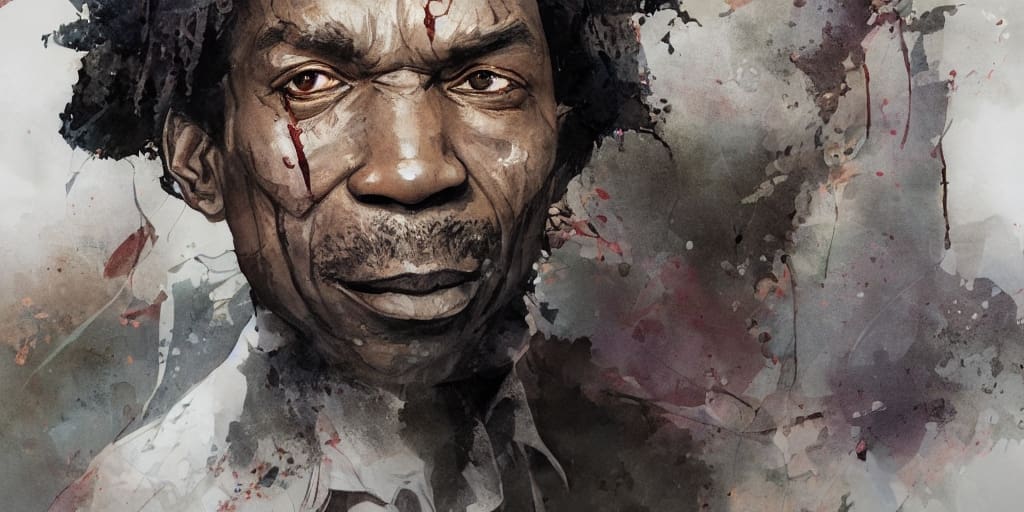
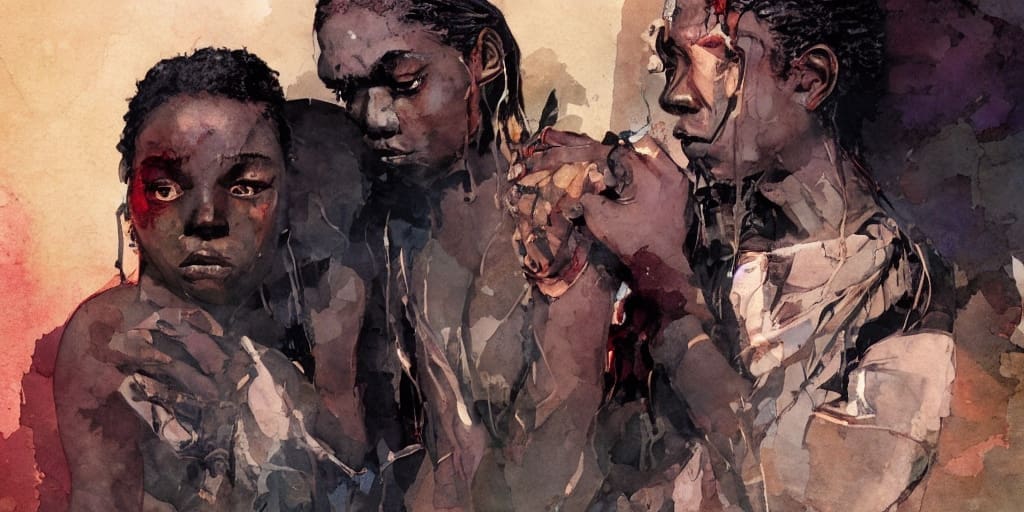




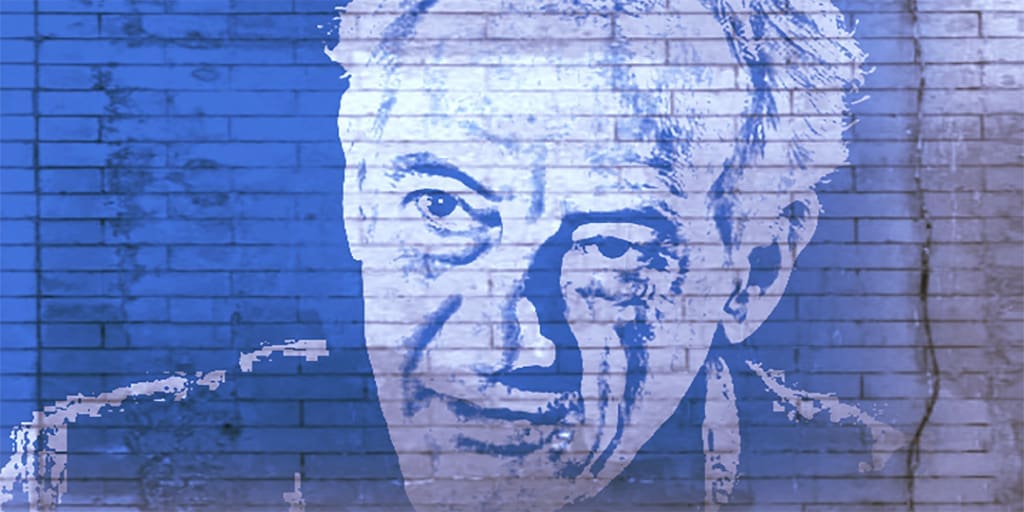







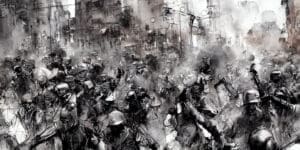






















What do you think?